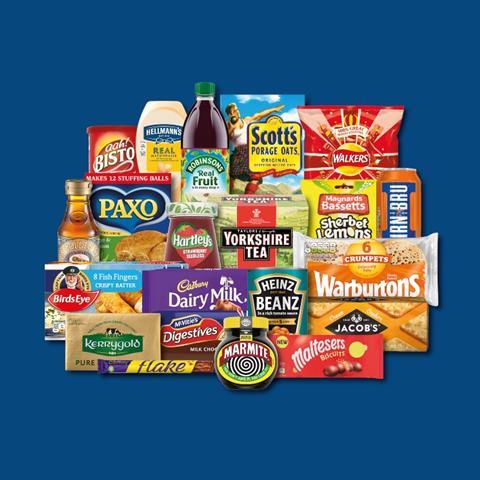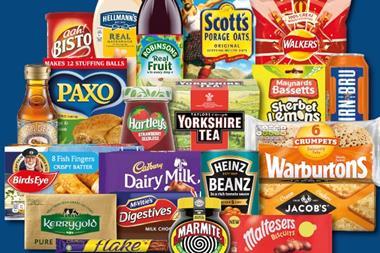
Ramsden International has bounced back to the black despite another challenging year, as the exporter of household British brands rebuilt sales lost to Brexit disruption.
Revenues – which slumped more than 20% in 2021 – increased 12.6% to £41.9m in 2022, according to newly filed accounts.
The Grimsby-headquartered group also moved from a pre-tax loss of £1m to a small profit of £86k.
Third-generation family-owned Ramsden has struggled in the aftermath of Brexit as trade to Europe, which accounted for half the business, was disrupted by new rules, a shortage of HGV drivers and port congestion.
Sean Ramsden, awarded an MBE in 2020 for services to international trade, said global logistics disruption continued in 2022, causing availability and delivery issues, but were less of a problem than in the previous year.
“We’re delighted to see a return to profitability in 2022, after the challenges brought by Brexit, lockdowns and global supply chain issues in 2021,” he told The Grocer.
“We’re seeing further growth this year and are forecasting to end 2023 with another significant growth in our profitability. It’s been a tough three years, but we have a great team here that has really pulled together to turn around the business.”
Ramsden International, which sells more than 24,000 products including brands such as Yorkshire Tea, McVitie’s and Warburtons, in 133 countries around the world, created a Belgian subsidiary last year to export goods more easily into Europe.
Ramsden said improved efficiency of the route into the EU through the subsidiary helped regain lost revenues, but, he added, trading with Europe was still proving difficult due to “administrative and logistical complexities”.
Outside Europe, demand continued to strengthen, with “good growth” across many territories, despite challenges presented by high inflation in the UK.



















No comments yet